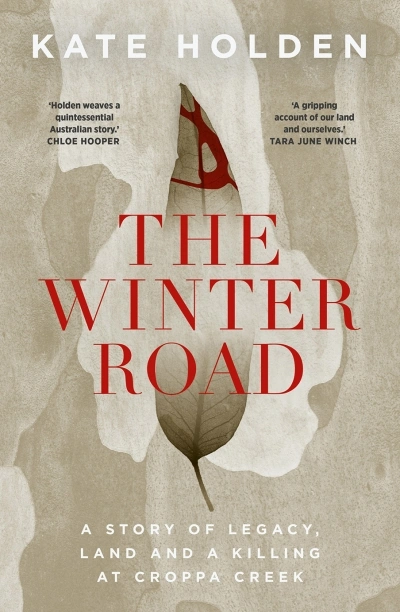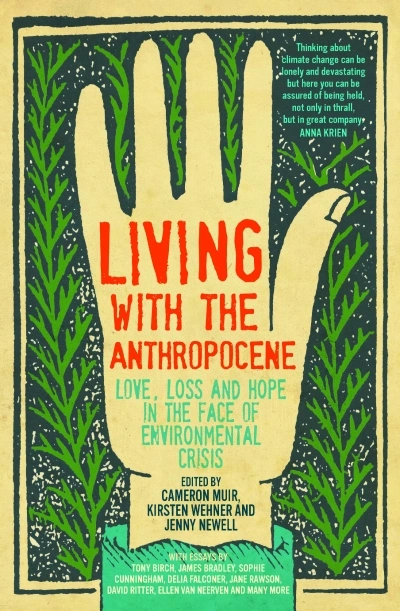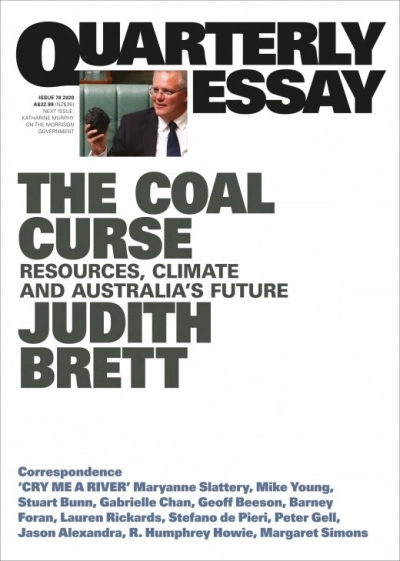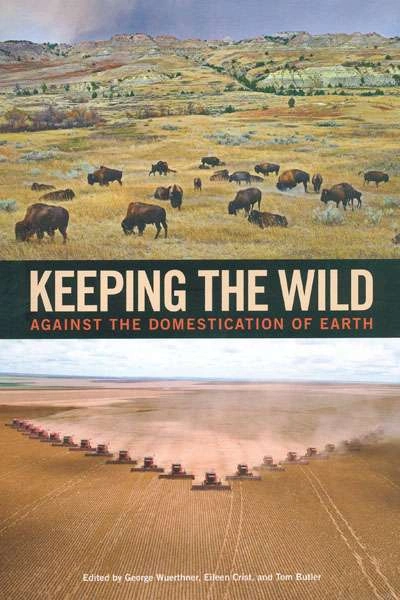Cameron Muir
Wounded Country: The Murray–Darling Basin – a contested history by Quentin Beresford
by Cameron Muir •
The Winter Road: A story of legacy, land and a killing at Croppa Creek by Kate Holden
by Cameron Muir •
Living with the Anthropocene: Love, loss and hope in the face of the environmental crisis edited by Cameron Muir, Kirsten Wehner, and Jenny Newell
by Rayne Allinson •
The Coal Curse: Resources, climate and Australia’s future (Quarterly Essay 78) by Judith Brett
by Cameron Muir •
Keeping the Wild: Against the domestication of earth edited by George Wuerthner, Eileen Crist, and Tom Butler
by Cameron Muir •
Once, when it was the beginning of the dry but no one could have known it yet, Dad drove us west – out past ‘Jesus Saves’ signs nailed to box trees, past unmarked massacre sites and slumping woolsheds, past meatworks and red-bricked citrus factories with smashed windows, and past one-servo towns with faded ads for soft drinks no one makes anymore – until we reached a cotton farm.
We stood on the old floodplain listening to the manager in his American cap, a battery of pumps and pipes behind him, boasting how much water these engines could lift once the river reached a certain height. To the left, an open channel cut through laser-levelled fields to the horizon.
... (read more)








